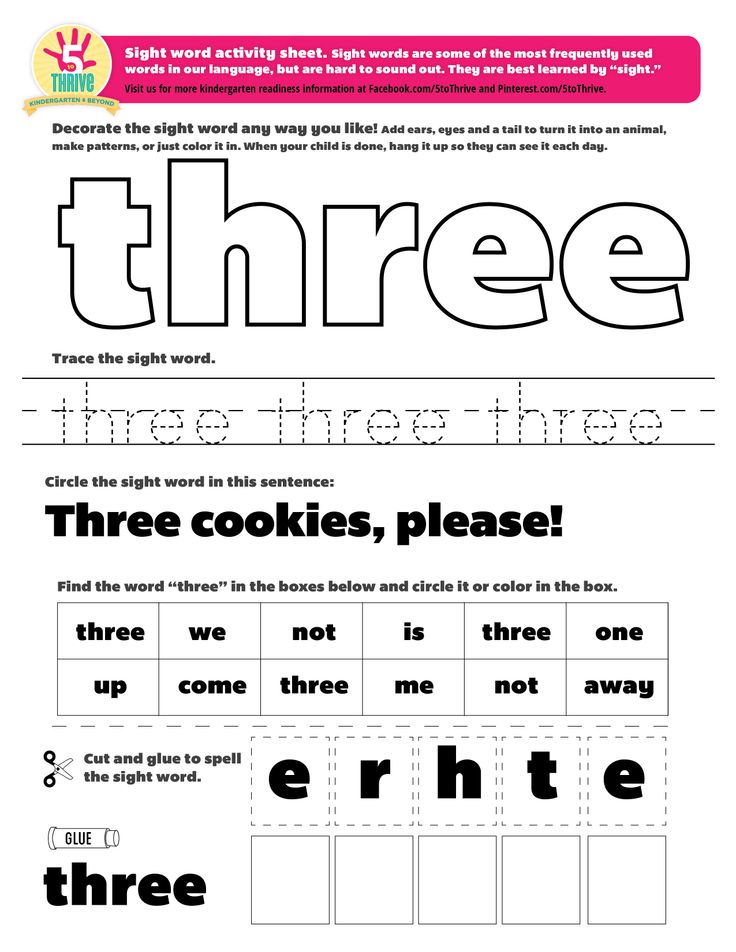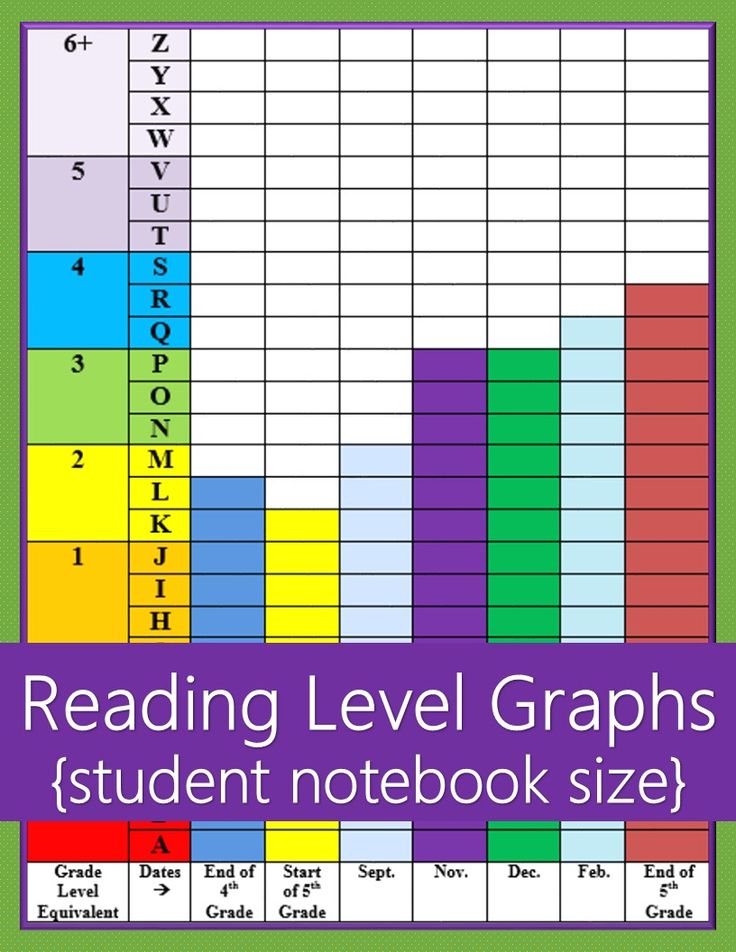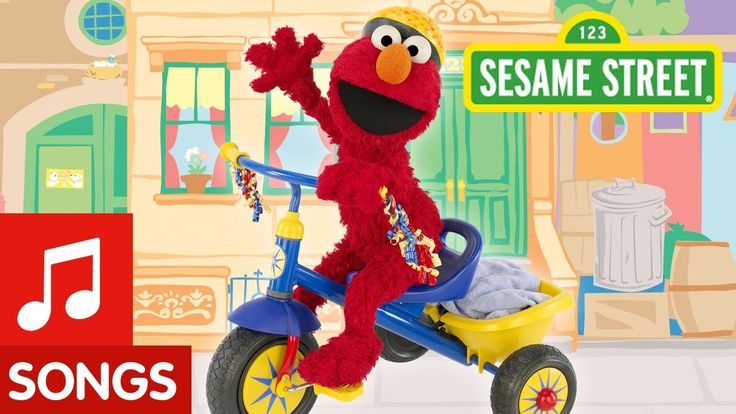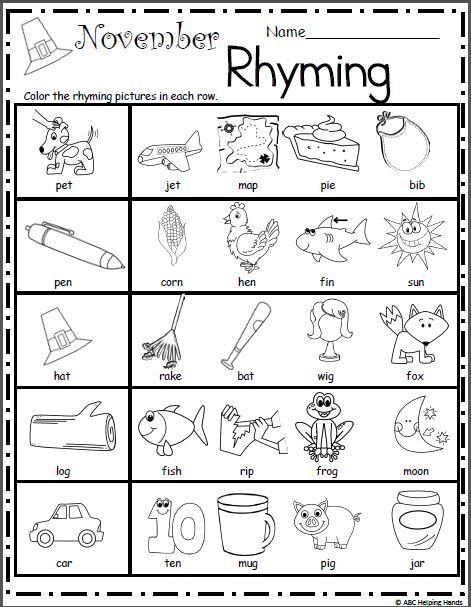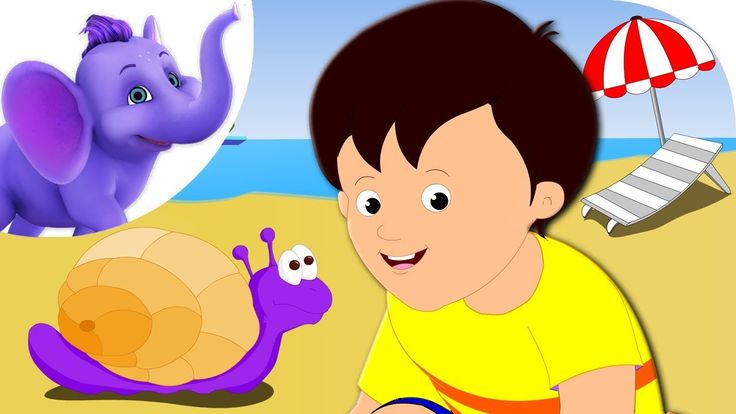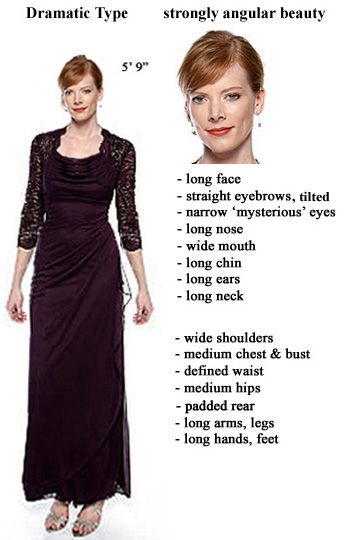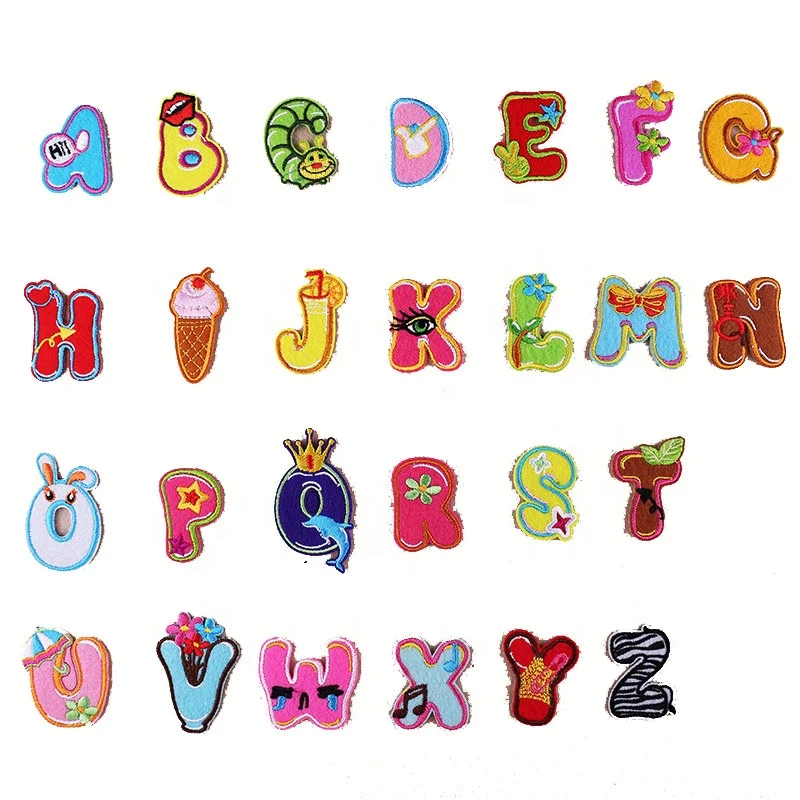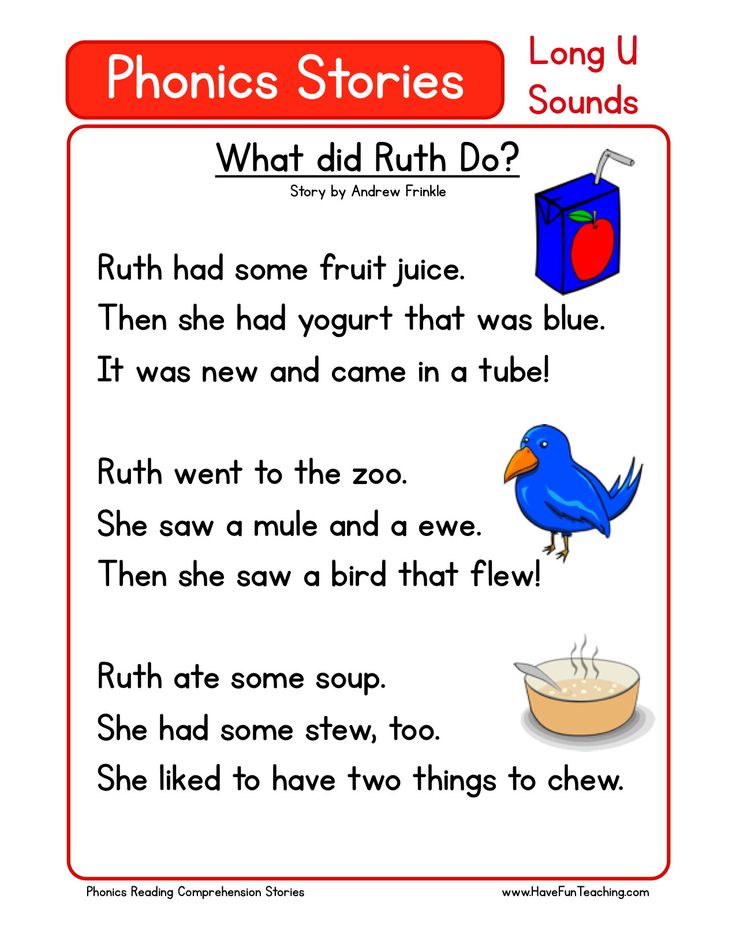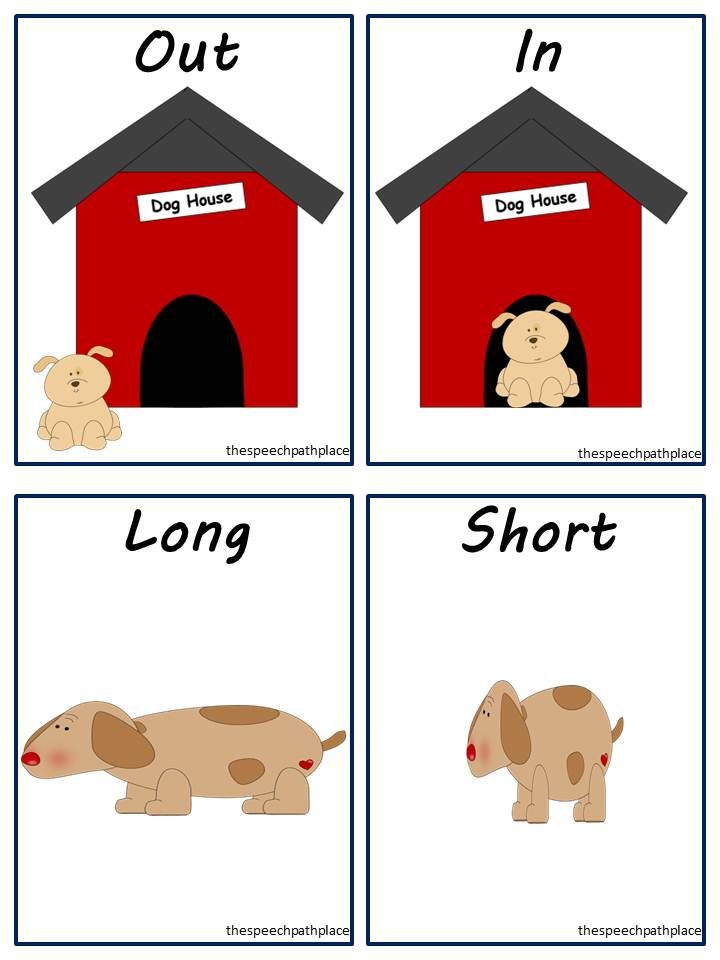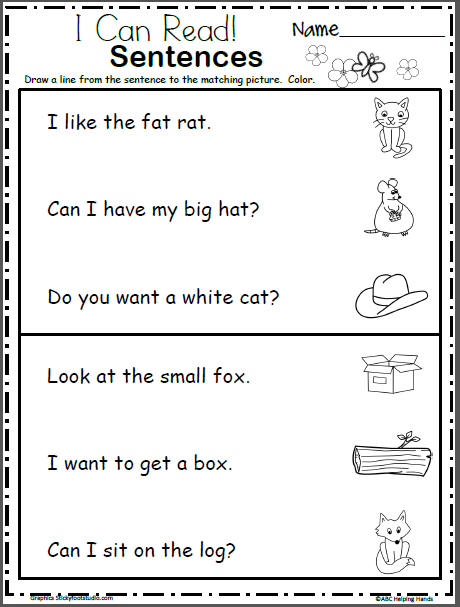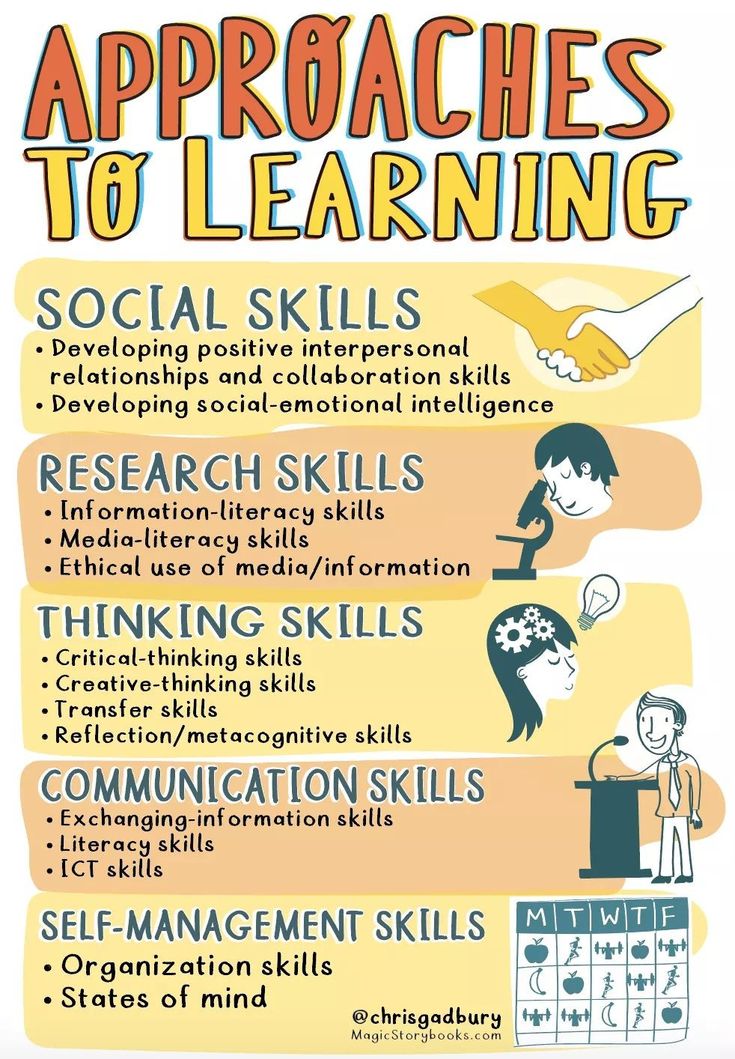Sight word some
Sweet Sight Words Worksheet - SOME
Google Slide, PDF | 1 page | Grades: 1 - 2
Practice reading, writing, and identifying the high-frequency word “some” from the First Grade Dolch sight words list.
This worksheet was designed as independent practice to support the study of Grade 1 reading level Dolch Sight Words.
The students will read, color, write, find, and use the sight word “some.”
“Some” Sight Word Worksheet: Scaffolding & Extension TipsIn addition to individual student work time, use this sight word worksheet as a:
- Reading center activity
- Post-lesson exit ticket
- Homework assignment
- Whole-class review (via smartboard)
Got fast finishers? Students who need a challenge can write sentences using the sight word on the back of the worksheet.
Students who need extra support can use a visual reference, like an alphabet display or anchor chart to help decode the word.
You can turn this teaching resource into a sustainable activity! Print a few copies on cardstock and slip them into dry-erase sleeves. Students can record their answers with a dry-erase marker, then erase and reuse.
Additionally, project the worksheet onto a screen and work through it as a class by having students record their answers in their reading notebooks.
Before You DownloadUse the dropdown icon on the Download button to choose between the PDF or Google Slides version of this resource.
This resource was created by Lindsey Phillips, a teacher in Michigan and a Teach Starter Collaborator.
Make the most of first-grade sight word practice with activities that spark a love of reading!
teaching resource
Sight Word Hunt - Dolch First Grade
Practice reading first grade high frequency words by sight with a set of 7 Dolch Sight Words game boards.
8 pagesGrades: K - 2teaching resource
Sweet Sight Words - First Grade Dolch Sight Words Board Game
Practice reading high-frequency words with this board game of 41 First Grade Dolch sight word cards.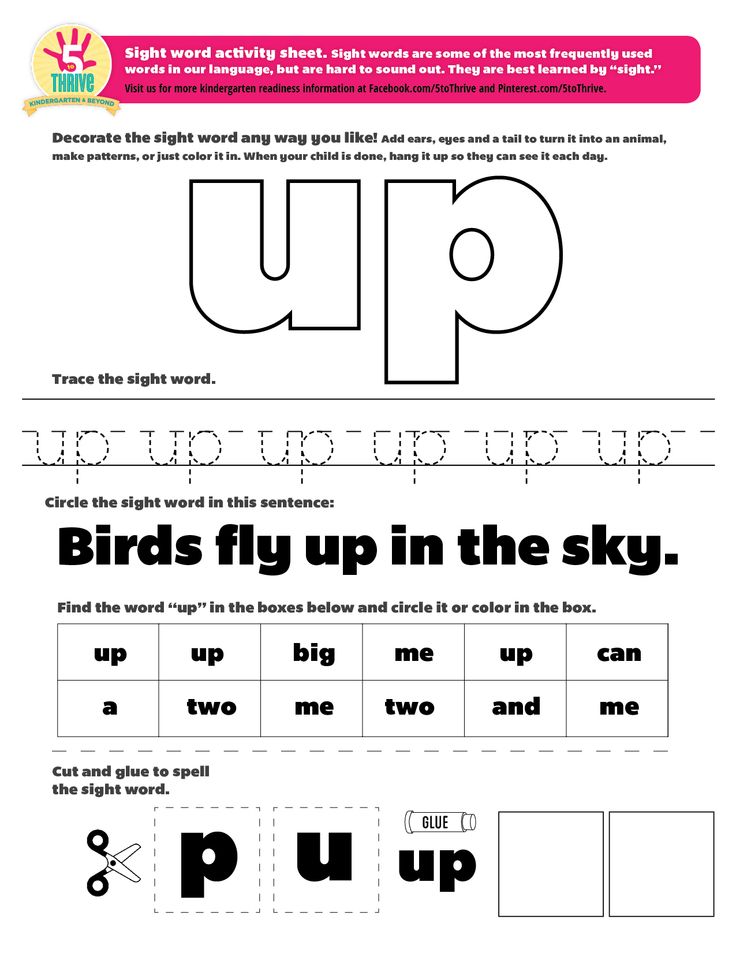
teaching resource
Pyramid Reading Cards - Dolch Grade 1 Sight Words
Practice and review the Dolch Grade 1 List of high-frequency words with 41 short phrase cards for emergent readers.
21 pagesGrades: K - 2teaching resource
Dinosaur Activity - Leveled Reader Printable Book
Engage your students and inspire them to read and learn about dinosaurs with a printable Dinosaur book for 2nd grade.
10 pages Grades: 1 - 2teaching resource
Character Traits List
Teach your students to analyze characters more effectively by providing them with a list of character traits.
1 page Grades: 3 - 7-
teaching resource
Same or Different? Initial, Medial, Ending Sounds Interactive
Practice isolating beginning, middle, and ending sounds in words with a Google Slides interactive game.
1 page Grades: K - 1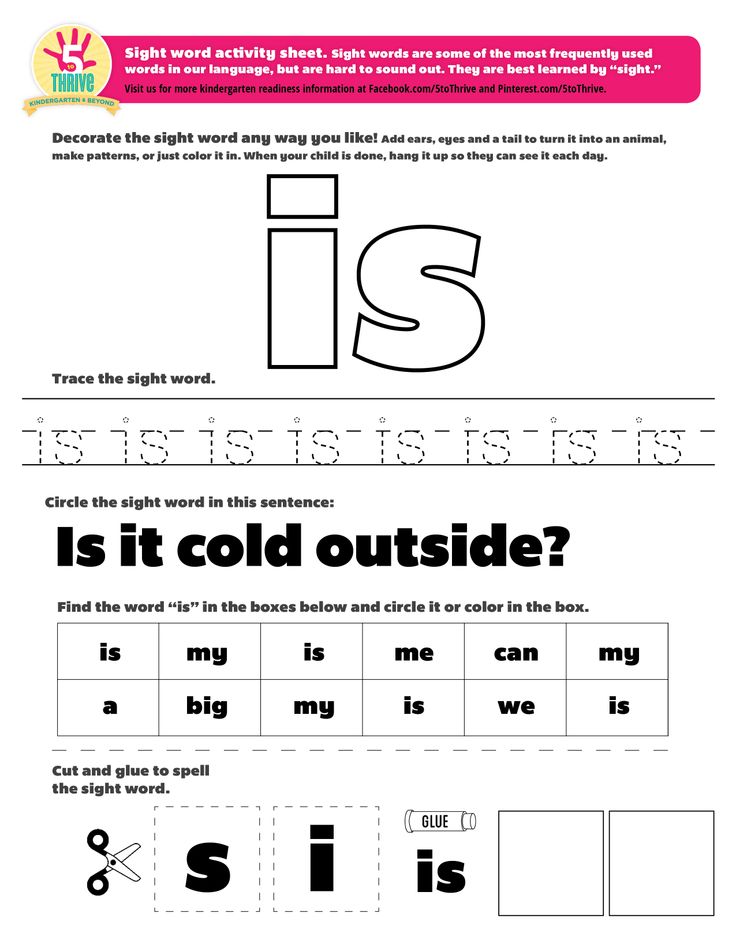
teaching resource
Penguins Leveled Reader
Chill out with a good book and build reading skills with a printable penguin book for kids.
8 pages Grades: K - 1teaching resource
Halloween Parts of Speech- Cut and Paste Worksheet
Have a bit of spooky fun identifying parts of speech by sorting Halloween nouns, verbs, and adjectives with a cut and paste worksheet.
3 pages Grades: 2 - 3teaching resource
Fall Worksheet - Parts of Speech Cut and Paste
Have a bit of fall fun identifying parts of speech by sorting fall-themed nouns, verbs, and adjectives with a cut and paste worksheet.
3 pages Grades: 2 - 3teaching resource
Thanksgiving Word Wall Vocabulary
A set of vocabulary word wall cards related to Thanksgiving.
Grades: 2 - 6 Is Customisable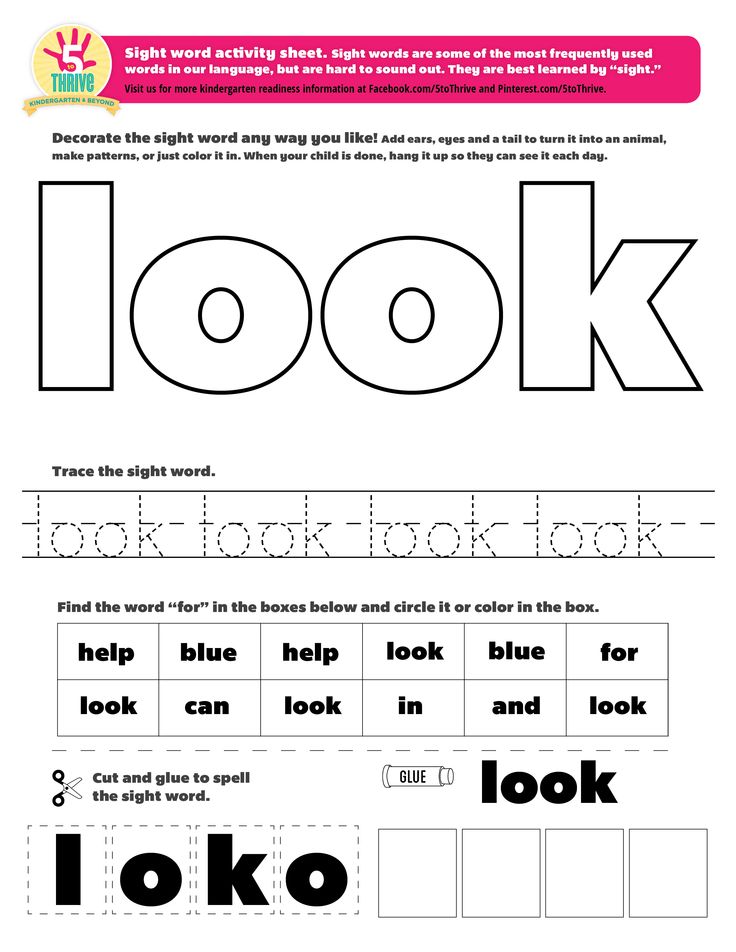
teaching resource
Beginning Sound Sort - Apple Edition
Fall into letter-sound correspondence with this apple-themed letter/sound match-up center activity.
28 pages Grade: Kteaching resource
Pumpkin Puzzles - Initial Sounds Match
Pick up letter-sound correspondence with pumpkin picture puzzles.
10 pages Grades: K - 1teaching resource
Main Idea and Details Anchor Chart
Build skills in identifying main idea and details in nonfiction texts with a main idea anchor chart for primary grades.
6 pages Grades: K - 2
Practice the Sight Word: some Game - ELA Games
Practice the Sight Word: some Game - ELA Games - SplashLearnHome > Games > ELA Games > Practice the Sight Word: some Game
Put your language skills to the test by learning to practice the sight word: some.
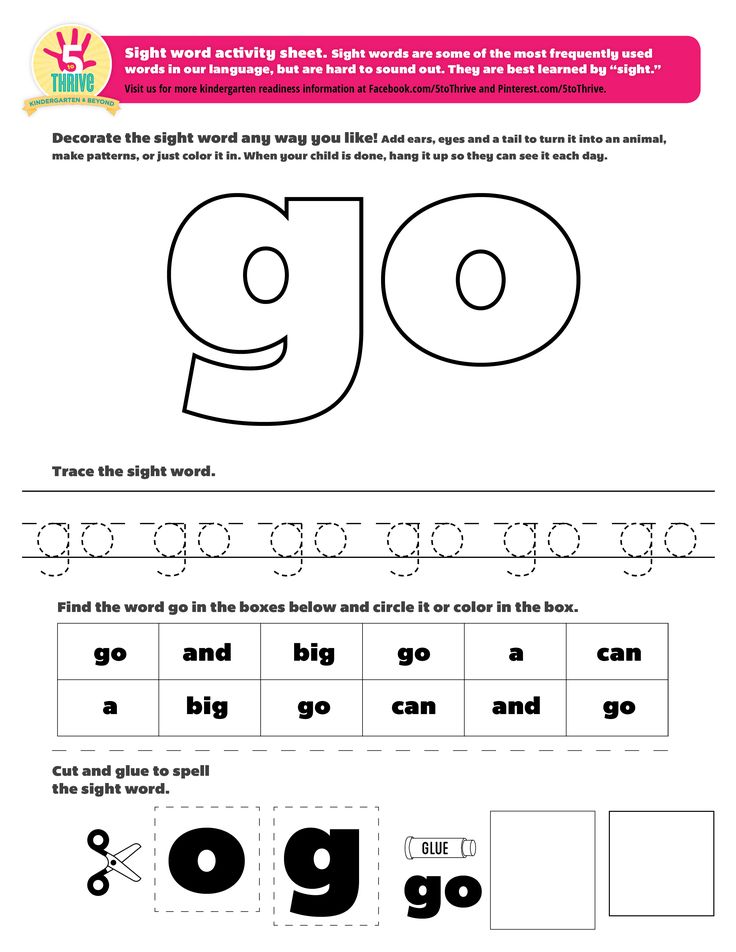
Play game
Assign to class
SUBJECTS & TOPICS
Know more about Practice the Sight Word: some Game
Sure that your child knows the sight word some well? Play this exciting game that runs in a timed fashion to test their knowledge of the word some.
Explore Amazing Games on All Sight Words
View all 975 Games
-
Reading
Learn the Sight Word: I Game
Help your child practice english by learning the sight word: I.
Pre-K
K
VIEW DETAILS
-
Reading
Sound of the Sight Word: I Game
Practice the sound of the sight word: I.
Pre-K
K
VIEW DETAILS
-
Reading
Practice the Sight Word: I Game
Polish your language skills by practicing the sight word: I.
Pre-K
K
VIEW DETAILS
-
Reading
Learn the Sight Word: a Game
Help your child practice english by learning the sight word: a.
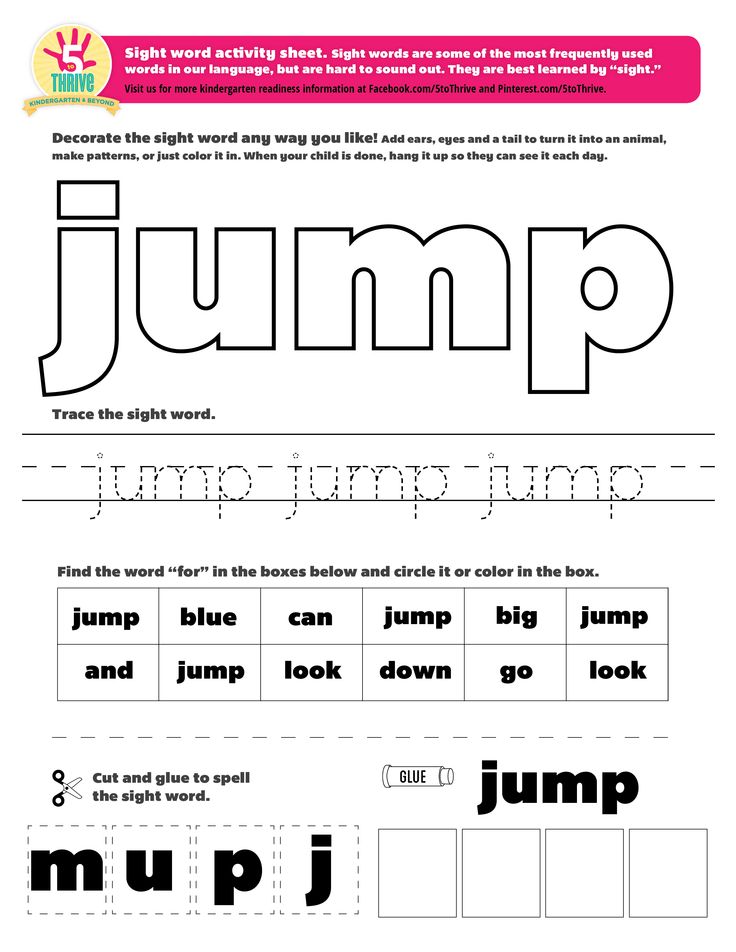
Pre-K
K
VIEW DETAILS
-
Reading
Sound of the Sight Word: a Game
Practice the sound of the sight word: a.
Pre-K
K
VIEW DETAILS
-
Reading
Practice the Sight Word: a Game
Polish your language skills by practicing the sight word: a.
Pre-K
K
VIEW DETAILS
-
Reading
Learn the Sight Word: the Game
Help your child practice english by learning the sight word: the.
Pre-K
K
VIEW DETAILS
-
Reading
Sound of the Sight Word: the Game
Introduce your child to the sound of the sight word: the.
Pre-K
K
VIEW DETAILS
-
Reading
Practice the Sight Word: the Game
Polish your language skills by practicing the sight word: the.
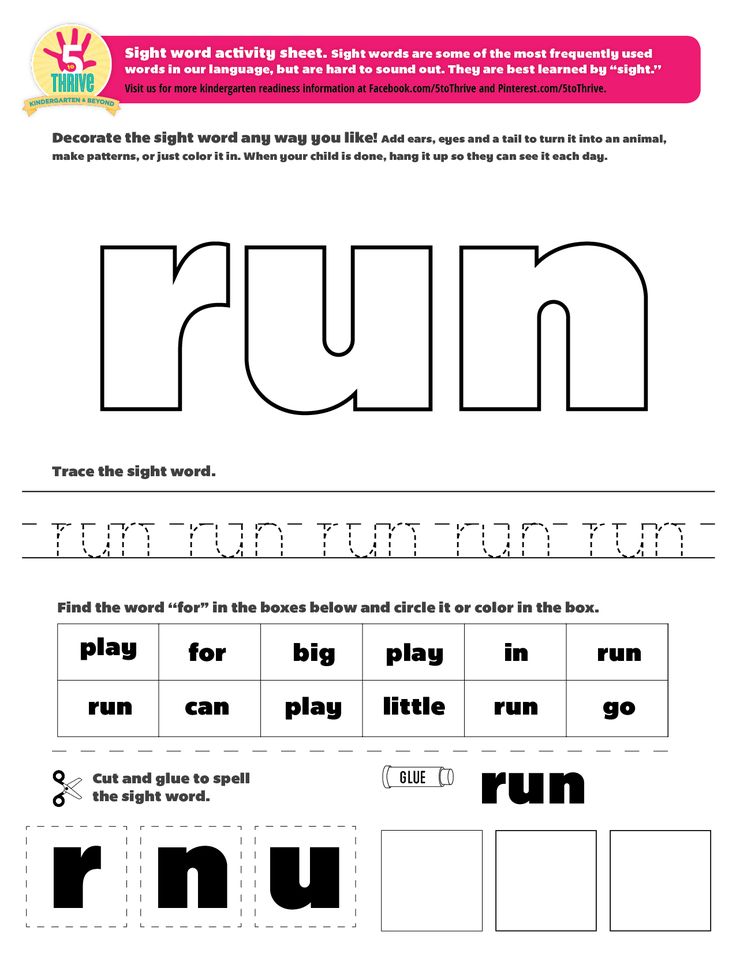
Pre-K
K
VIEW DETAILS
-
Reading
Learn the Sight Word: and Game
Help your child practice english by learning the sight word: and.
Pre-K
K
VIEW DETAILS
-
Reading
Sound of the Sight Word: and Game
Introduce your child to the sound of the sight word: and.
Pre-K
K
VIEW DETAILS
-
Reading
Practice the Sight Word: and Game
Polish your language skills by practicing the sight word: and.
Pre-K
K
VIEW DETAILS
-
Reading
Learn the Sight Word: it Game
Help your child practice english by learning the sight word: it.
Pre-K
K
VIEW DETAILS
-
Reading
Sound of the Sight Word: it Game
Introduce your child to the sound of the sight word: it.
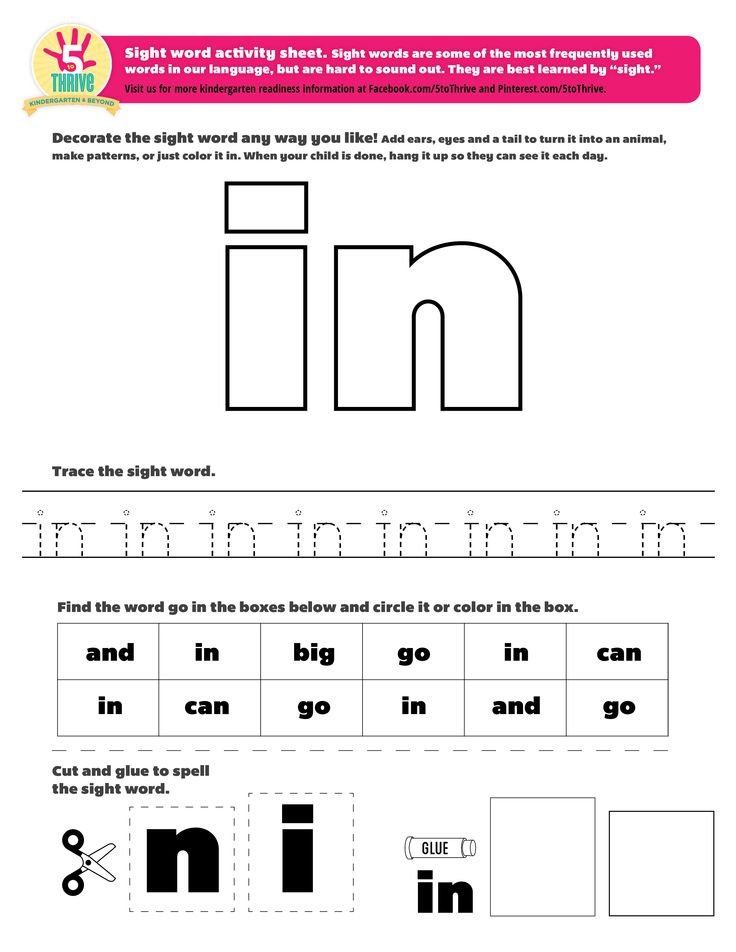
Pre-K
K
VIEW DETAILS
-
Reading
Practice the Sight Word: it Game
Polish your language skills by practicing the sight word: it.
Pre-K
K
VIEW DETAILS
Discover Fun Games on Sight Words
View all 975 Games
-
Reading
Can You Find the Uppercase Letter A? Game
To play this game, find the uppercase letter A.
Pre-K
K
VIEW DETAILS
-
Reading
Can You Find the Lowercase Letter a? Game
To play this game, find the lowercase letter a.
Pre-K
K
VIEW DETAILS
-
Reading
Learn the Letters: Big A Game
Put your language skills to the test by learning the letter: Big A.
VIEW DETAILS
-
Reading
Practice the Letters: Big A Game
Kids must practice the letter: Big A.
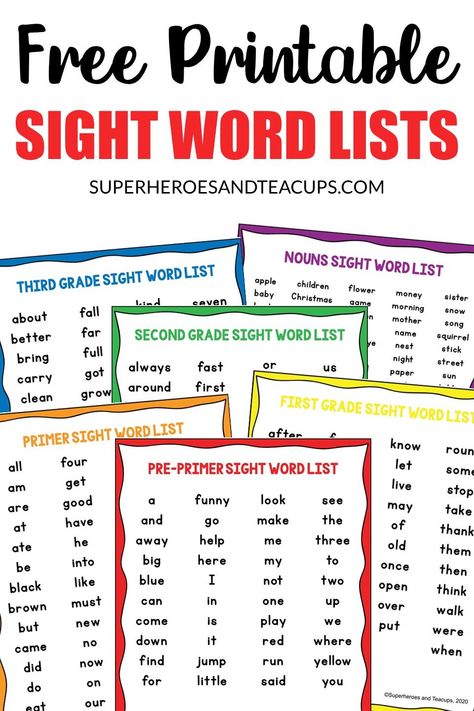
VIEW DETAILS
-
Reading
Learn the Letters: Small a Game
Put your language skills to the test by learning the letter: Small a.
VIEW DETAILS
-
Reading
Practice the Letters: Small a Game
Put your language skills to the test by practicing the letter: Small a.
VIEW DETAILS
-
Reading
Match Big and Small A Game
Put your language skills to the test by learning to match big and small A.
Pre-K
K
VIEW DETAILS
-
Reading
Find the Letters A, B, C & D Game
Put your language skills to the test by finding the letters A, B, C & D.
Pre-K
K
VIEW DETAILS
-
Reading
Can You Find the Uppercase Letter B? Game
To play this game, find the uppercase letter B.
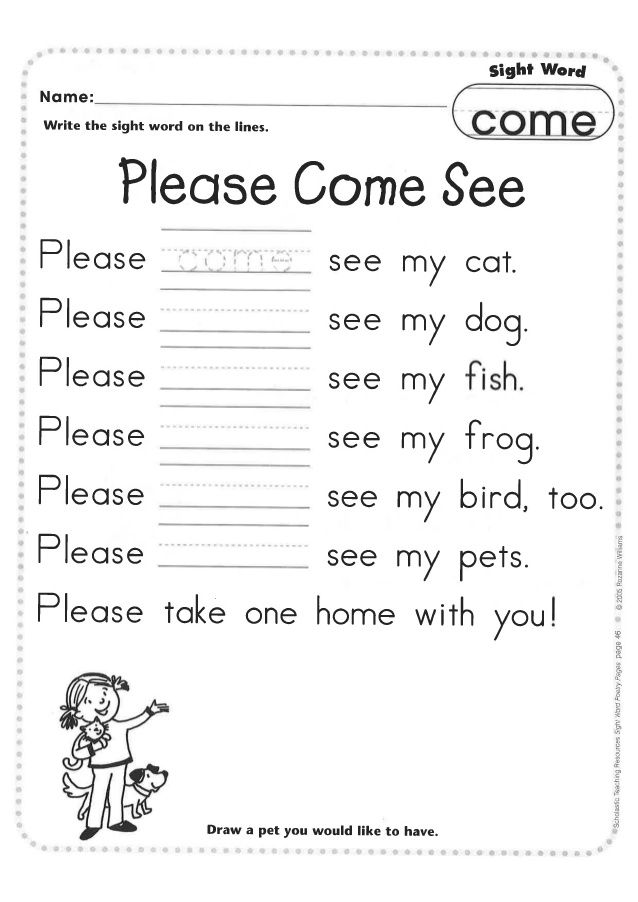
Pre-K
K
VIEW DETAILS
-
Reading
Can You Find the Lowercase Letter b? Game
To play this game, find the lowercase letter b.
Pre-K
K
VIEW DETAILS
-
Reading
Learn the Letters: Big B Game
Put your language skills to the test by learning the letter: Big B.
VIEW DETAILS
-
Reading
Practice the Letters: Big B Game
Kids must practice the letter: Big B.
VIEW DETAILS
-
Reading
Learn the Letters: Small b Game
Put your language skills to the test by learning the letter: Small b.
VIEW DETAILS
-
Reading
Practice the Letters: Small b Game
Put your language skills to the test by practicing the letter: Small b.
VIEW DETAILS
-
Reading
Match Big and Small B Game
Put your language skills to the test by learning to match big and small B.
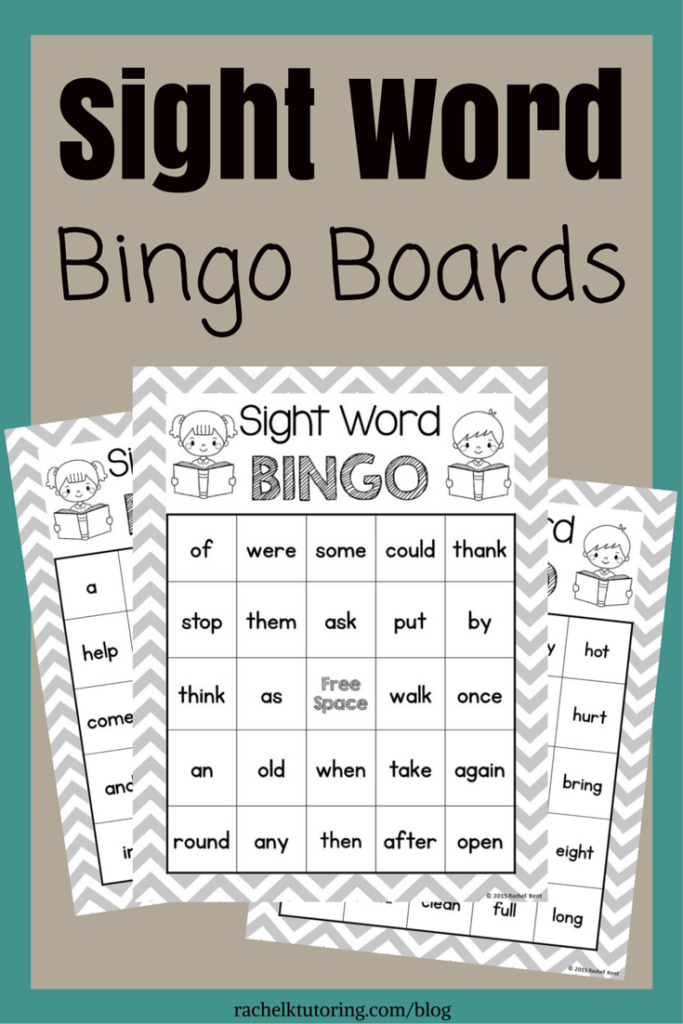
Pre-K
K
VIEW DETAILS
Find Engaging Games on Reading
View all 2,209 Games
-
Reading
Can You Find the Uppercase Letter C? Game
To play this game, find the uppercase letter C.
Pre-K
K
VIEW DETAILS
-
Reading
Can You Find the Lowercase Letter c? Game
To play this game, find the lowercase letter c.
Pre-K
K
VIEW DETAILS
-
Reading
Learn the Letters: Big C Game
Put your language skills to the test by learning the letter: Big C.
VIEW DETAILS
-
Reading
Practice the Letters: Big C Game
Kids must practice the letter: Big C.
VIEW DETAILS
-
Reading
Learn the Letters: Small c Game
Put your language skills to the test by learning the letter: Small c.
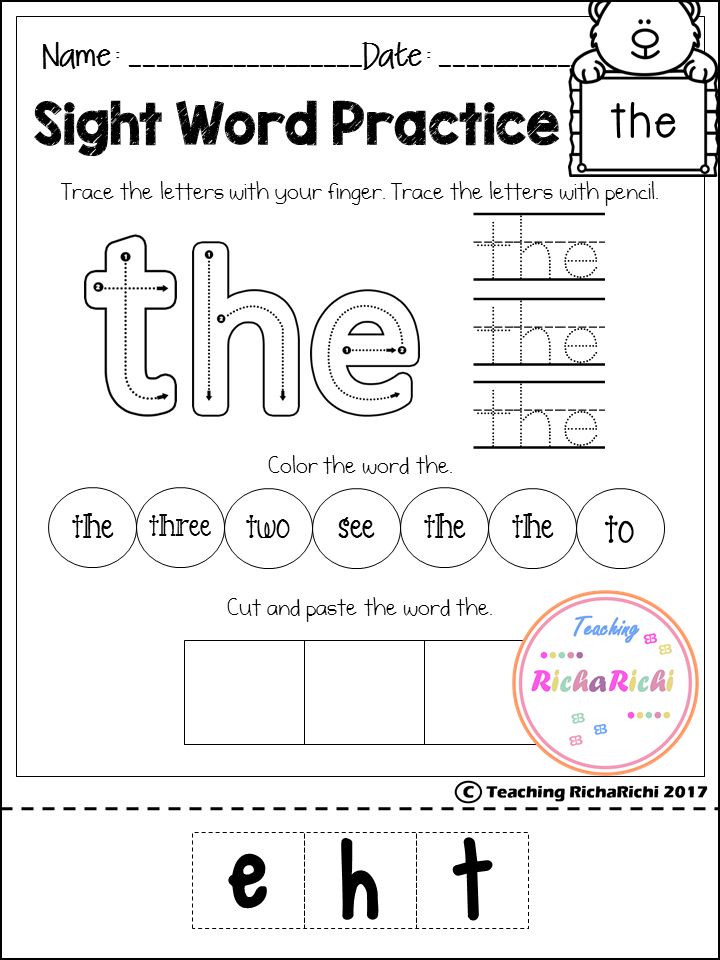
VIEW DETAILS
-
Reading
Practice the Letters: Small c Game
Put your language skills to the test by practicing the letter: Small c.
VIEW DETAILS
-
Reading
Match Big and Small C Game
Put your language skills to the test by learning to match big and small C.
Pre-K
K
VIEW DETAILS
-
Reading
Can You Find the Uppercase Letter D? Game
To play this game, find the uppercase letter D.
Pre-K
K
VIEW DETAILS
-
Reading
Can You Find the Lowercase Letter d? Game
To play this game, find the lowercase letter d.
Pre-K
K
VIEW DETAILS
-
Reading
Learn the Letters: Big D Game
Put your language skills to the test by learning the letter: Big D.
VIEW DETAILS
-
Reading
Practice the Letters: Big D Game
Kids must practice the letter: Big D.
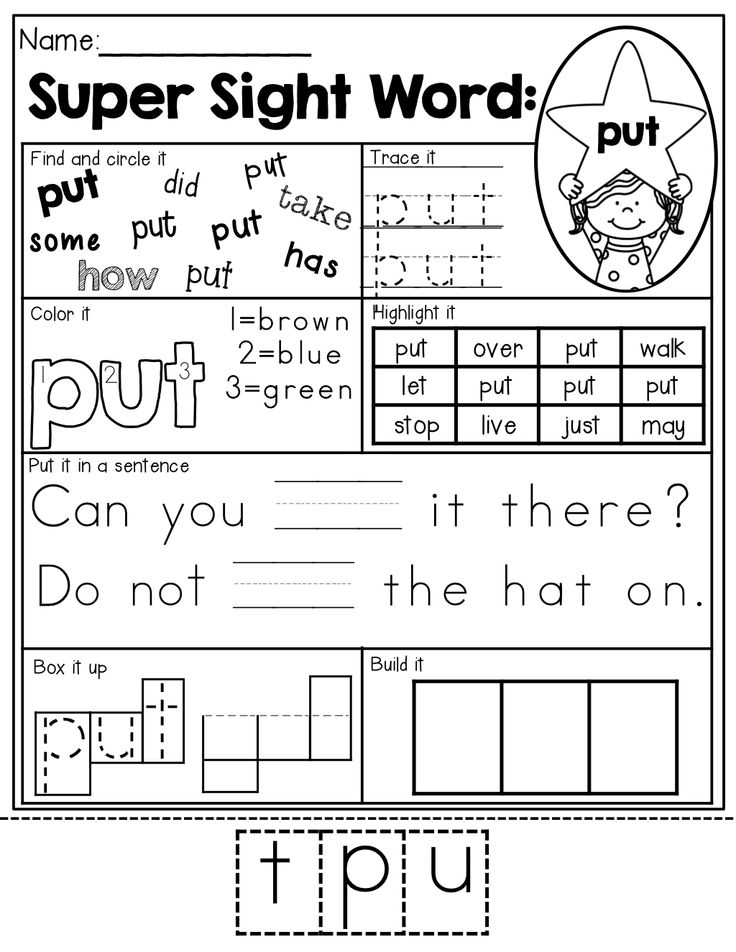
VIEW DETAILS
-
Reading
Learn the Letters: Small d Game
Put your language skills to the test by learning the letter: Small d.
VIEW DETAILS
-
Reading
Practice the Letters: Small d Game
Put your language skills to the test by practicing the letter: Small d.
VIEW DETAILS
-
Reading
Match Big and Small D Game
Put your language skills to the test by learning to match big and small D.
Pre-K
K
VIEW DETAILS
-
Reading
Can You Find the Uppercase Letter E? Game
To play this game, find the uppercase letter E.
Pre-K
K
VIEW DETAILS
Related Worksheets
View all 1,063 Worksheets
-
Reading
Find Letter A Worksheet
Enhance your linguistic skills by finding the letter 'A' with this worksheet.
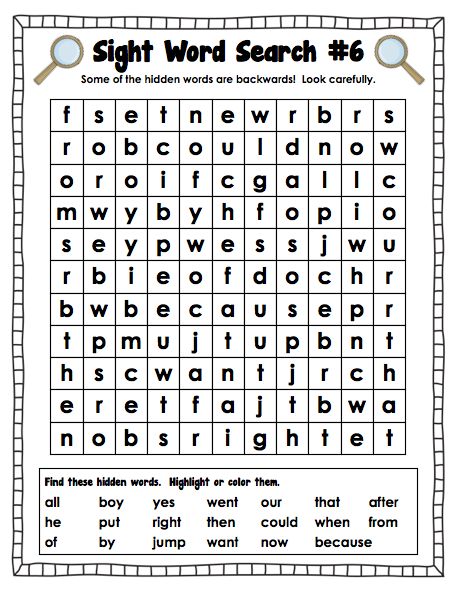
VIEW DETAILS
-
Reading
Spot Letter a Worksheet
This ELA worksheet will fill your child with zest as they spot the letter 'a'.
VIEW DETAILS
-
Reading
Where's Letter B Worksheet
Enhance your linguistic skills by finding the letter 'B' in this worksheet.
VIEW DETAILS
-
Reading
Learn About Letter b Worksheet
In this worksheet, learners will get to learn about the letter 'b'.
VIEW DETAILS
-
Reading
Look for Letter C Worksheet
Add elements of fun to your ELA practice by looking for Letter C.
VIEW DETAILS
-
Reading
Color Letter c Worksheet
Enhance your linguistic skills by coloring the letter 'c' with this worksheet.
VIEW DETAILS
-
Reading
Color Letter D Worksheet
Enhance your linguistic skills by coloring the letter 'D' with this worksheet.
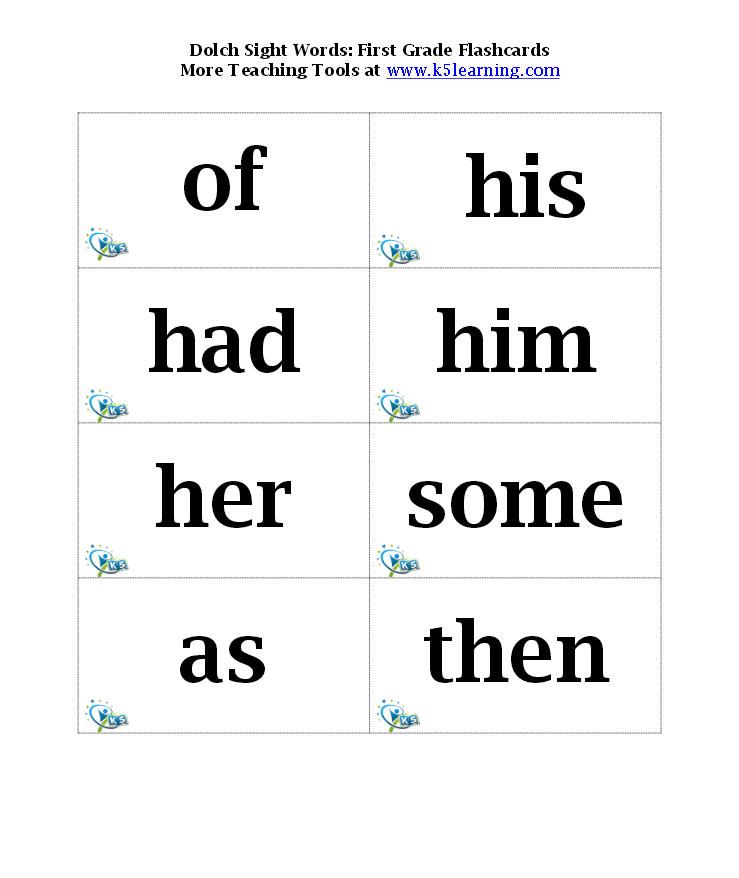
VIEW DETAILS
-
Reading
Look for Letter d Worksheet
Become more versatile in English by looking for letter 'd'.
VIEW DETAILS
-
Reading
Circle Letter E Worksheet
Learners must circle the letter 'E' to improve their ELA skills.
VIEW DETAILS
-
Reading
Where's Letter e Worksheet
Enhance your linguistic skills by finding the letter 'E' in this worksheet.
VIEW DETAILS
-
Reading
Look for Letter F Worksheet
Learners must look for the letter 'F' to improve their ELA skills.
VIEW DETAILS
-
Reading
Circle Letter f Worksheet
Learners must circle the letter 'f' to improve their ELA skills.
VIEW DETAILS
-
Reading
Where's Letter G Worksheet
Enhance your linguistic skills by finding the letter 'G' in this worksheet.
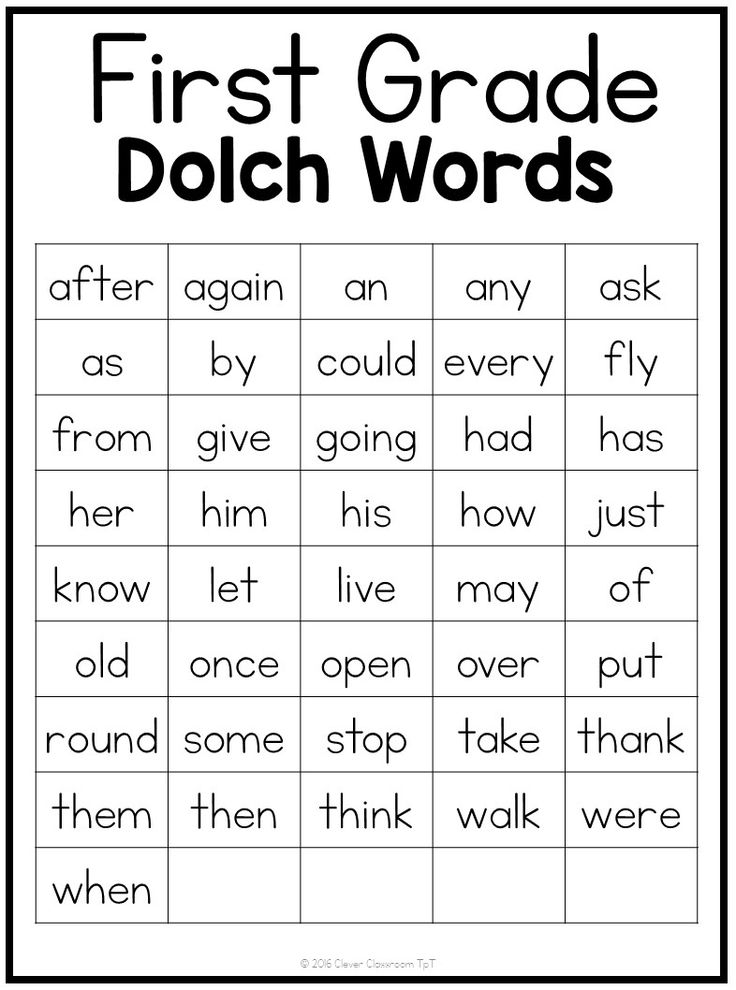
VIEW DETAILS
-
Reading
Find Letter g Worksheet
Enhance your linguistic skills by finding the letter 'g' with this worksheet.
VIEW DETAILS
-
Reading
Learn About Letter H Worksheet
Reinforce ELA concepts by learning about the letter 'H'.
VIEW DETAILS
Your one stop solution for all grade learning needs.
Give your child the passion and confidence to learn anything on their own fearlessly
Parents, Sign Up for Free
Teachers, Use for Free
4,413+
4,417+
RELATED TOPICSThe word is spinning on the tongue... Is this a sign of a weakening memory?
- Roger Cruz & Richard Roberts
- Courtesy of The MIT Press Reader
Image copyright Getty Images
Have you ever had a hard time remembering someone's name? You perfectly imagine his / her face, and if you were called a name, you would instantly recognize the person you are thinking about, but .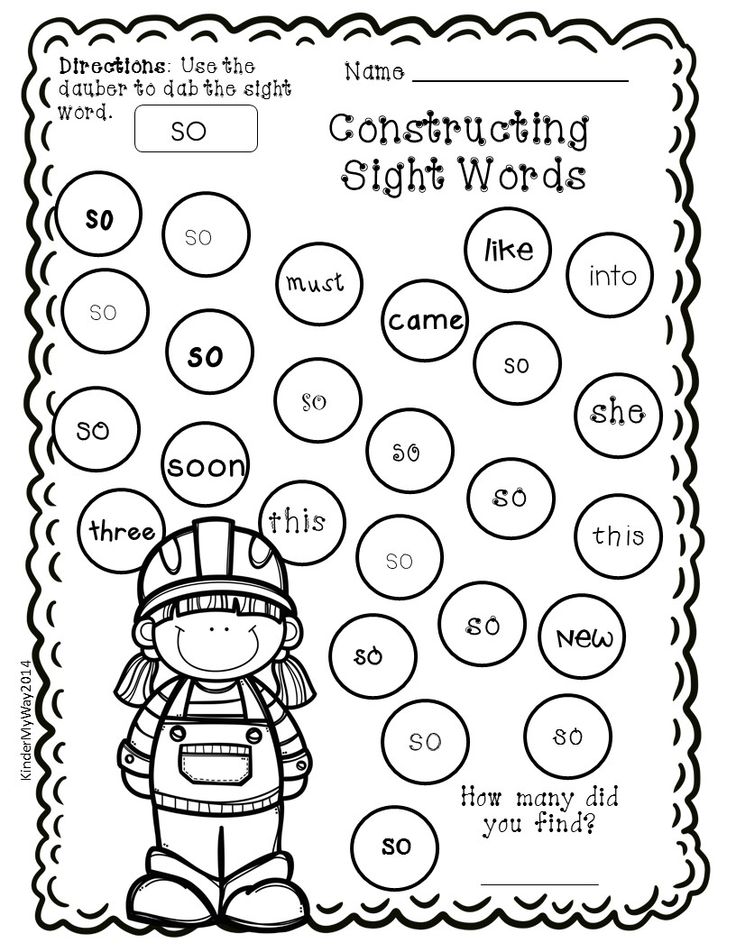 ..
..
This happens often with names, but also with other words. You seem to remember the general idea that this word conveys, information related to it pops up in your head, but you can’t remember its language label.
Word forgetting is a typical cognitive problem in middle-aged and older people. This happens, as a rule, unexpectedly, and even with the most common words and with the names of friends.
But maybe everything is not so terrible, and frequent cases when a word or someone's name turns on the tongue, but is not remembered at all, is not a sign of bad memory at all? Let's figure it out.
Scientists have found that the words that cause the most problems to our memory are proper names and names of objects.
This inability to remember a word can last from a fraction of a second to minutes or even hours, and it can be unbearable. In fact, older people often mention this problem when it comes to annoying moments of aging.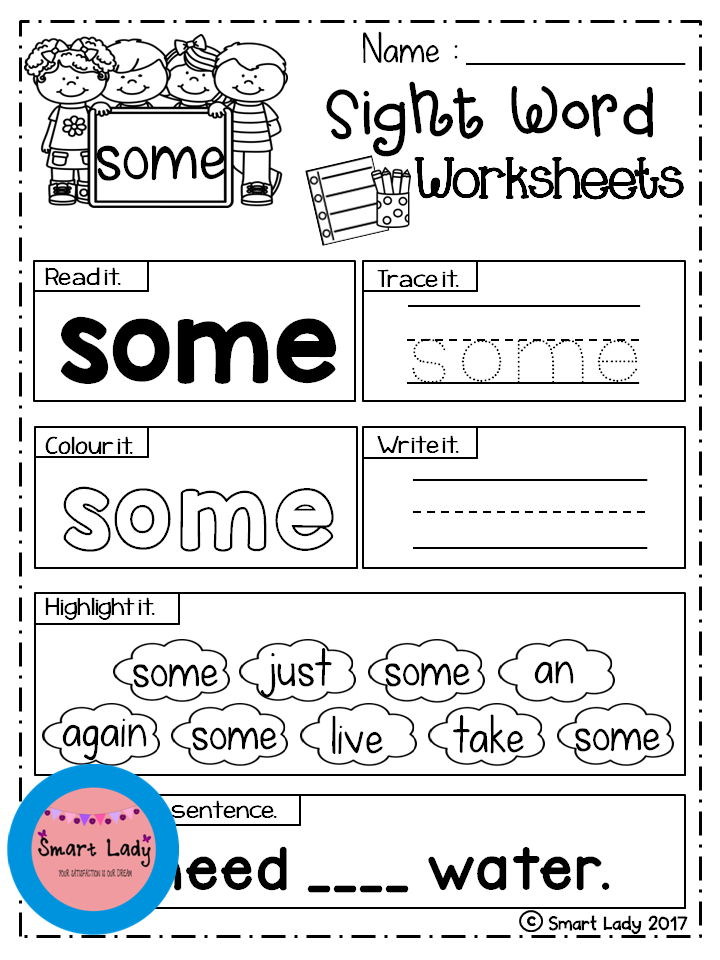
- Do you have a good memory for faces, but a bad memory for names? You think so
- Our memory doesn't work the way we think, scientists say
- Minimal Turing test: prove with one word that you are human
- Lethology: when the word is spinning in the language
In such cases, a person is sure that he knows perfectly well the word or name that he is painfully trying to remember. It seems that the word you are looking for is literally spinning on the tongue, but the tongue will not pronounce it in any way - the brain for some reason refuses to allow it to do so. At least at the moment.
No wonder psychologists call such sensations "on the tip of the tongue" (in English - tip-of-the-tongue, abbreviated - TOT). But do such moments really portend something more serious that can happen to our memory?
Psychologists who study the TOT phenomenon and its causes face certain difficulties, much like astronomers studying such transient phenomena as supernovae.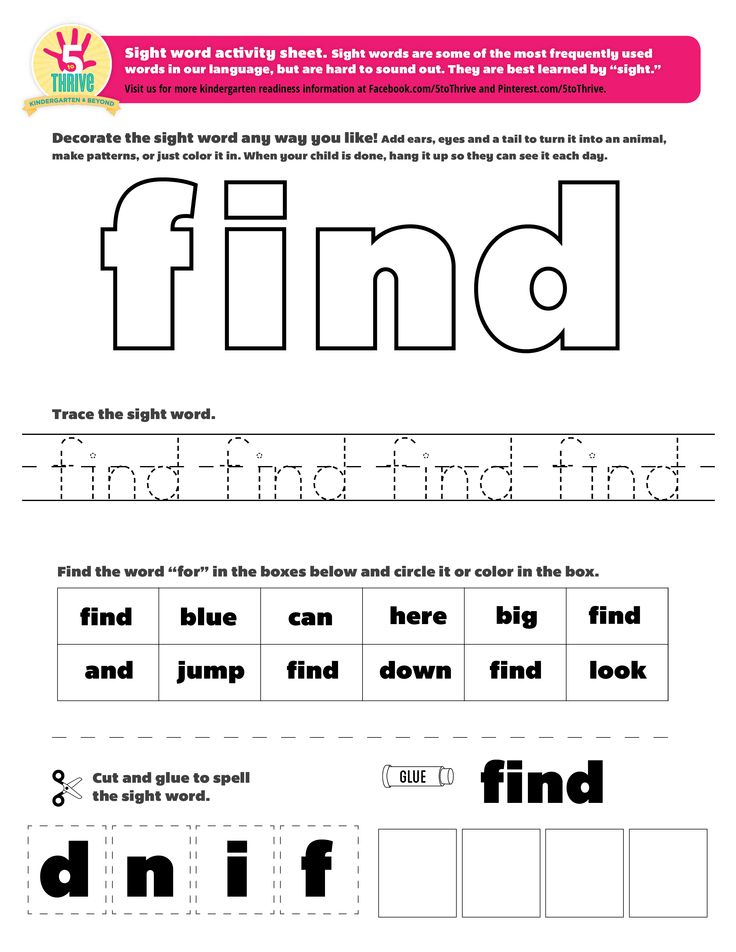 Experts know that TOT will happen sooner or later, but when exactly?
Experts know that TOT will happen sooner or later, but when exactly?
This uncertainty has led to two different ways of studying the state of "twisting on the tongue": methods of natural science and experimental methods, in the laboratory, when the occurrence of this state is provoked.
Image copyright, Getty Images
Image caption,Some word games can trigger the "tip of the tongue" phenomenon
Skip the Podcast and continue reading.
Podcast
What was that?
We quickly, simply and clearly explain what happened, why it's important and what's next.
episodes
The End of the Story Podcast
In particular, the researchers tried to measure two aspects of the phenomenon: how often it happens and what is the likelihood that a person will remember the search word (which sometimes comes to mind involuntarily, without searching the Internet or the help of a friend ).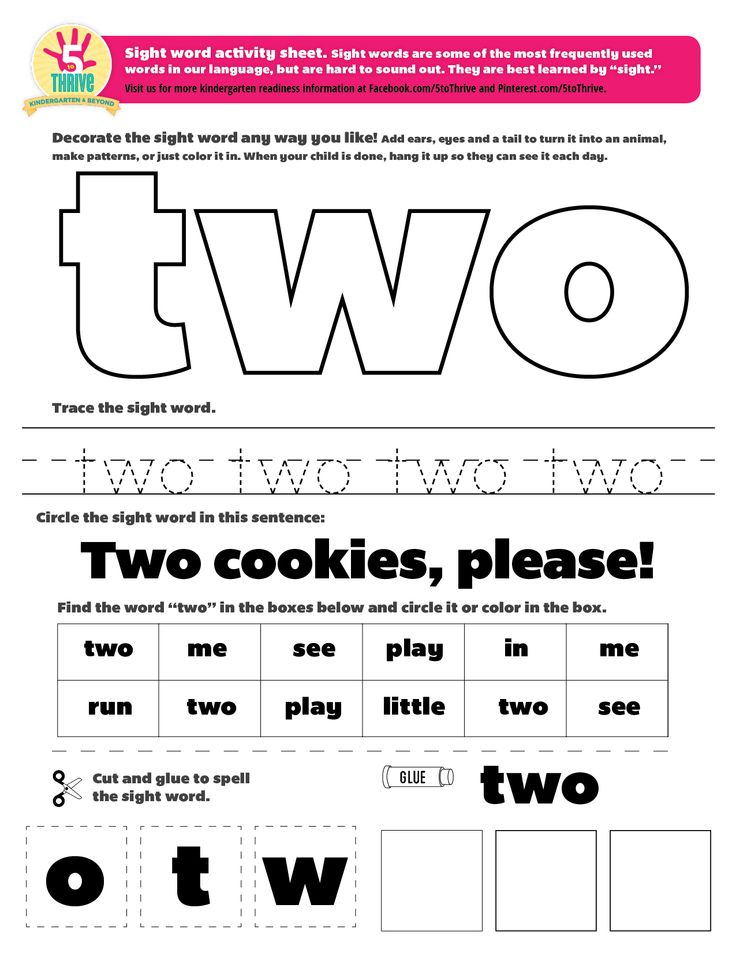
Researchers were helped by diaries where research participants wrote down all cases of their TOT.
The results of the study showed that college students experienced one to two cases of TOT per week, and people who are 60-70 years old experienced slightly more often, but not by much.
Elderly people over 80, on the other hand, experienced TOT almost twice as often as students.
In addition, diary entries led to the conclusion that episodes when the word is spinning on the tongue are most often resolved successfully: a typical indicator of this success is over 90%.
However, these data should be interpreted with some caution. For example, people of the older generation, who are more concerned about the state of their memory than the young, can more likely write down absolutely all cases of the phenomenon of "spinning on the tongue."
They may be more conscientious about research because their lives are less hectic than those of the younger generation.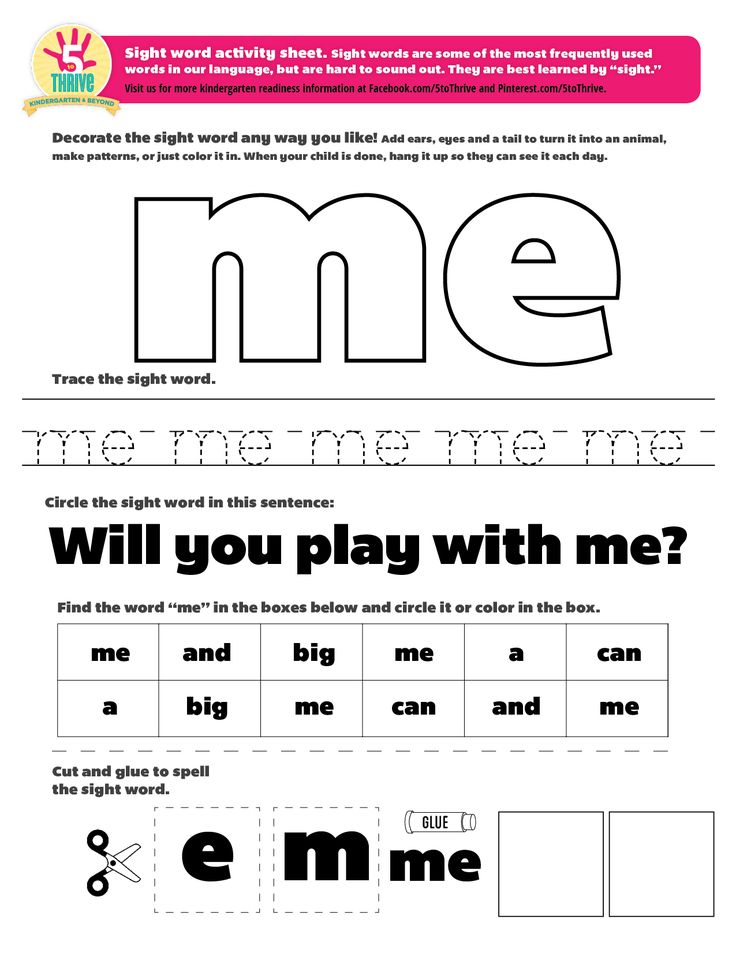
In addition, participants in the study may be more likely to record exactly those cases when the word was successfully found, rather than episodes when it was not possible to remember it.
As an alternative, you can use an experimental method that psychologists Roger Brown and David McNeill developed while working at Harvard University: to induce the state of "twisting on the tongue" in the laboratory.
Brown and McNeil found that when giving dictionary definitions to participants in an experiment for rare words, it often leads to a "twisting on the tongue" state.
Here's one example: "Navigational measuring instrument used to determine the height of the Sun and other space objects above the sea horizon" (if you're experiencing that state right now, relax, that word is a sextant).
Image copyright, Getty Images
Photo caption,This is a sextant - not a sextet or a sectarian
During the study, it often happened that participants were able to find the word without any difficulty.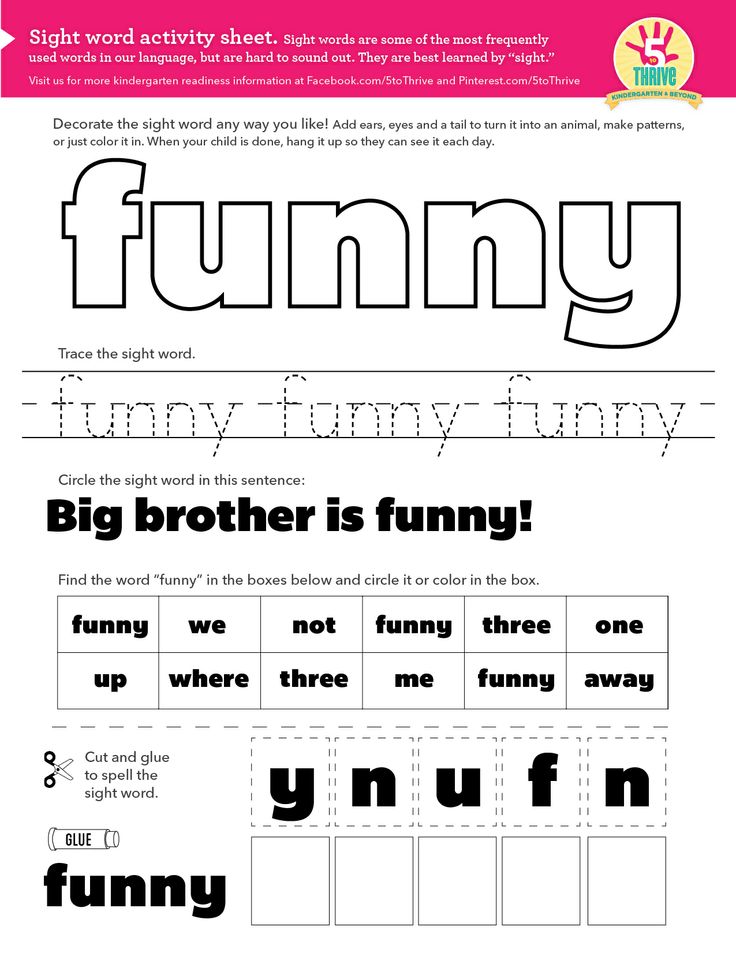
Those participants who were hooked and found themselves on the tip of their tongues were asked additional questions by Brown and McNeill. The scientists found that these people reported certain, albeit incomplete, information about the elusive word, even if they could not remember it.
For example, participants were highly successful when asked to guess how many syllables a search word had or what letter it began with.
Well, it is not very surprising that even when the participants of the experiment were wrong, they often cited words that were close in meaning - for example, in the case of a sextant, they mentioned an astrolabe or a compass.
However, sometimes they offered as an answer words that simply sounded similar - "sextet" or "sectarian".
But if we assume that the sailors armed with the sextant are not members of a musical group of six members and are not part of a religious group that has separated from the main religion, then such errors indicate something important.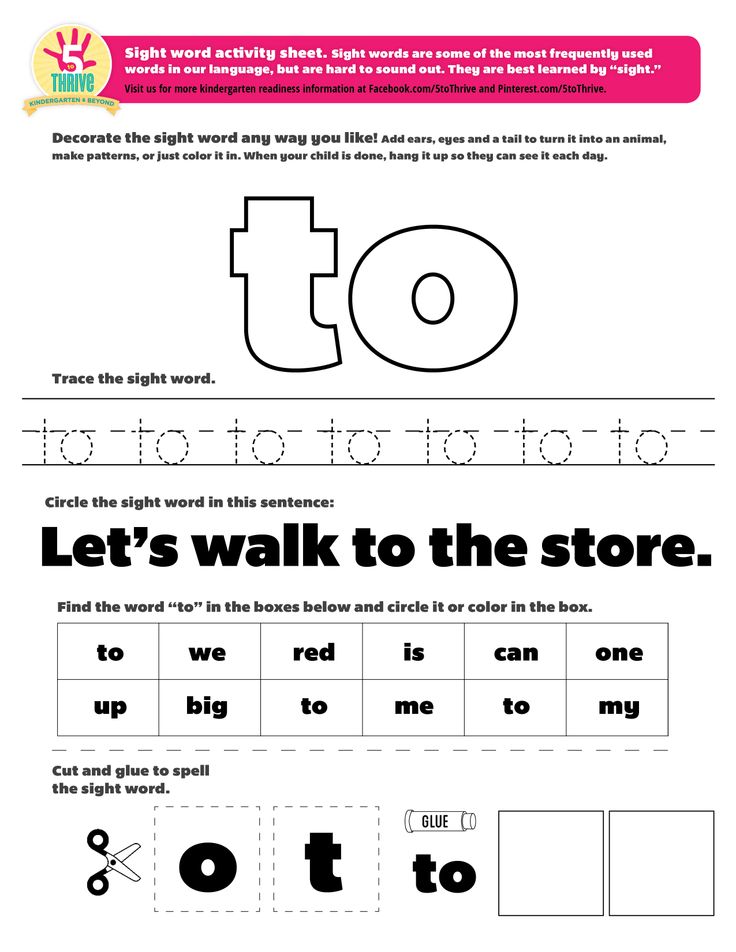 For example, about how the knowledge and recognition of words is arranged in our memory.
For example, about how the knowledge and recognition of words is arranged in our memory.
The results of studies involving older people show that they are less likely to be ready to provide partial information about an elusive word (for example, its first letter).
As is the case with many other cognitive problems that a person faces at an older age, here we can observe an increase in the incidence of TOT.
On the one hand, one can perceive such failures as evidence of weakening links in our long-term memory between the meaning of a particular concept and the word that denotes it.
However, it is possible that the increase in frequency of word searches with age reflects something quite different.
Psychologist Donna Dahlgren from Southeastern Indiana University (USA) believes that the main problem is not age, but knowledge.
Because older people tend to have much more information stored in long-term memory, they experience more cases of "on the tip of the tongue" (TOT) as a result.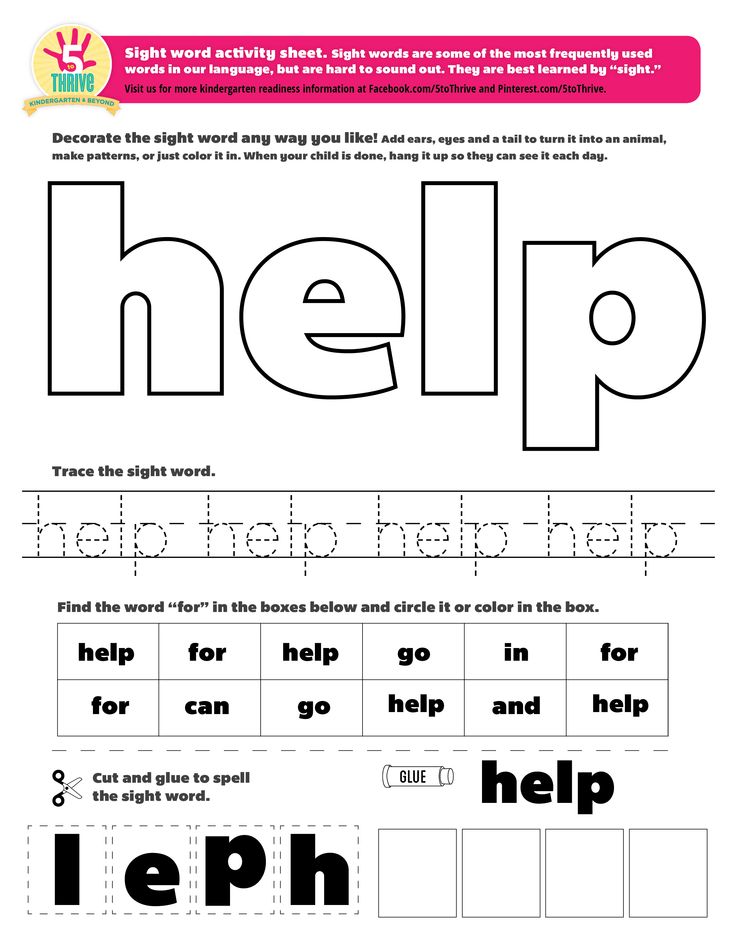
In addition, it is likely that the state of "twisting on the tongue" can be useful: it sends an optimistic signal to the elderly person: he knows this word, although he cannot remember at the moment.
Such metacognitive information is useful because it shows that if you spend more time, then the situation will end in success - the right word will be remembered.
If you look at it from this point of view, then cases "on the tip of the tongue" may not be memory failures at all, but represent a valuable source of information (albeit not immediately).
If you are a person of the older generation and you are worried about the number of cases when a word is spinning on the tongue, but is not remembered at all, then the researchers give you advice: this number can be reduced if you take care of your aerobic abilities - aerobic endurance and working capacity. In other words, keep fit.
So if you find yourself struggling to remember a simple word again, try taking a walk or some other way to exercise.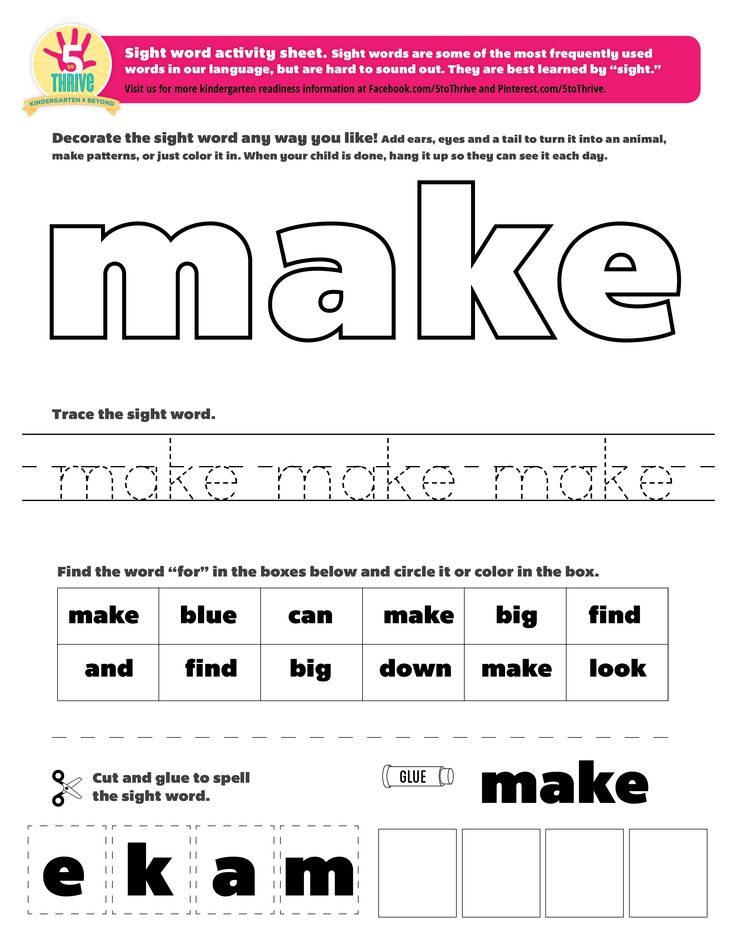
***
This article originally appeared in The MIT Press Reader. Roger Cruz is a professor of psychology at the University of Memphis, Richard Roberts is a Foreign Service officer currently working at the US Consulate General in Okinawa (Japan). They are co-authors of the book "Changing Minds: How Aging Affects Language and How Language Affects Aging", on which this article is based.
20 words that even literate people spell incorrectly
January 30, 2021Education
A new portion of literacy with life hacks that will help you remember all the difficult cases.
Share
01. Offhand
Wrong: offhand.
So it incites to divide the word into two parts, but this is a mistake. It answers the question "How?" and is an adverb, therefore it is written together. But it is easier to remember by synonyms that cannot be written separately: approximately, arbitrarily.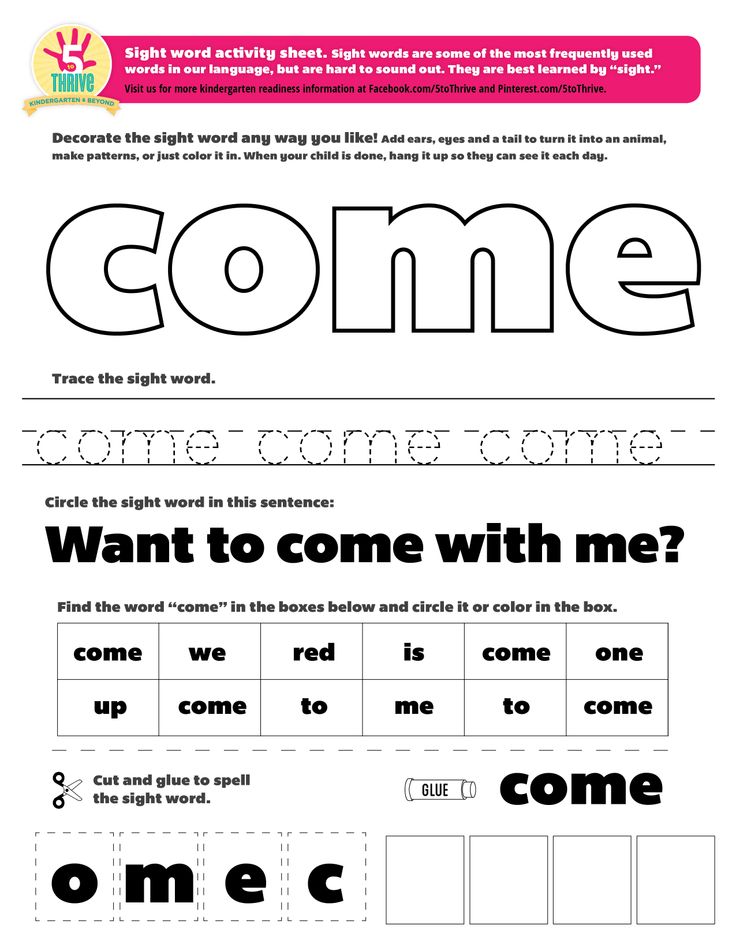
2. Subscription
Wrong: subscription.
For some reason here and there they offer to buy a "subscription". Indeed, the ill-fated “and” is heard in the word. There is no way to check the spelling, because the lexeme is a dictionary one. But you can remember if you pick up a paronym-rhyme with the letter "e" - the subscriber. In both cases, the letter "and" is not the place.
3. Next
Wrong: next.
The difficulty arises because the letter "u" is not heard in oral speech. To avoid making a mistake, just silently say to yourself: “I follow th means next th .
4. Future
Wrong: future.
By the same principle as above, it is easy to remember the spelling of this word: "I will be - hence the future."
5. Cardinal
Wrong: cardinal, cardinal.
Whatever variants of this word the Internet has seen, even with a double “o” at the beginning.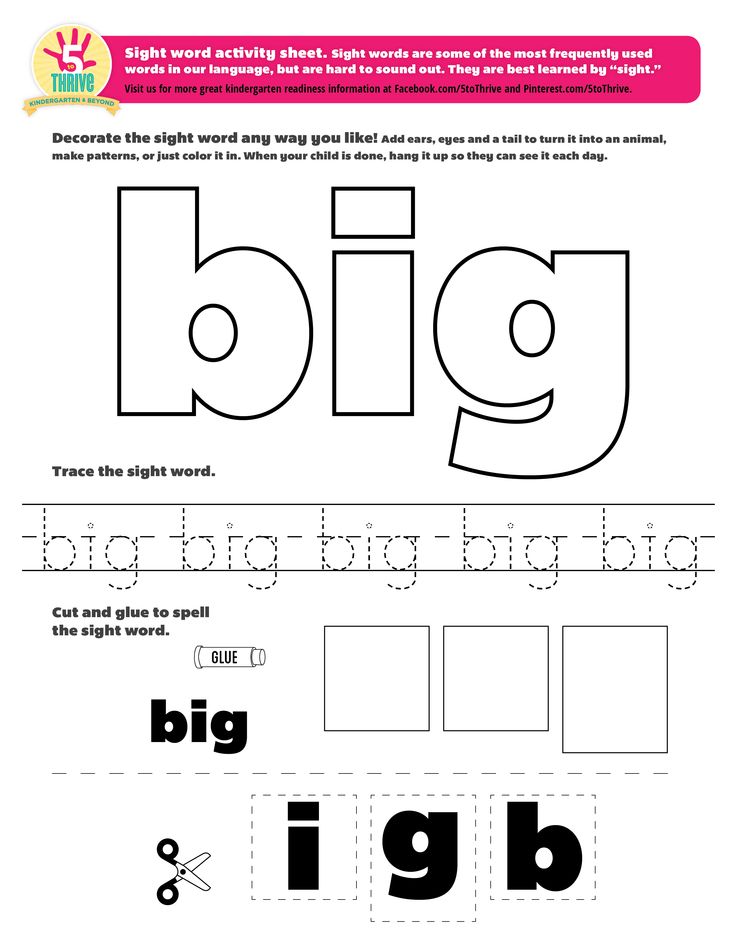 But once and for all remember how it is spelled, the "Etymological Dictionary of the Russian Language" by Max Fasmer will help. "Cardinal" happens "Etymological Dictionary of the Russian Language" by Max Fasmer - Cardinal from the Latin word cardinālis, which means "chief". The letter "a" is written in both cases.
But once and for all remember how it is spelled, the "Etymological Dictionary of the Russian Language" by Max Fasmer will help. "Cardinal" happens "Etymological Dictionary of the Russian Language" by Max Fasmer - Cardinal from the Latin word cardinālis, which means "chief". The letter "a" is written in both cases.
6. Boycott
Wrong: boycott.
The letter “o” in this word is not perceived by ear, hence all the problems. You can understand why it is still written differently from its origin. We borrowed "Dictionary of Foreign Words of the Russian Language" - Boycott is a word from the English language, which it entered thanks to the Irish estate manager Charles Boycott (Charles Cunningham Boycott). He was too demanding, and in 1880 the land tenants refused to pay him, declaring a boycott. The man received an unflattering fame, and we - the letter "o" in this word.
7. Grand Prix
Wrong: Grand Prix, Grand Prix, Grand Prix.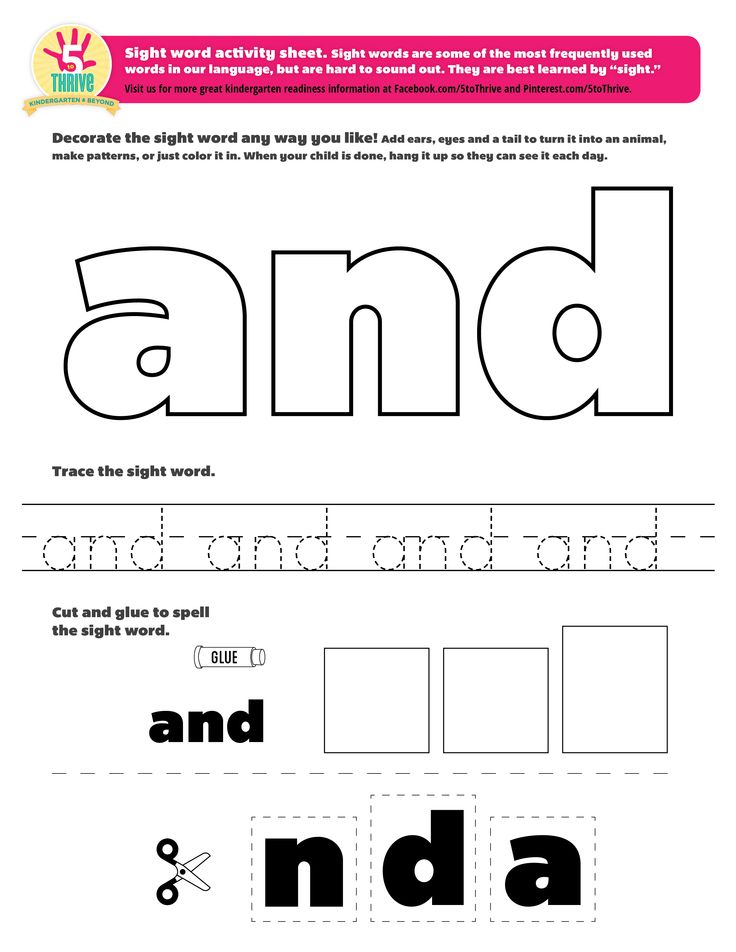
For those who know French, the hyphen may seem superfluous here. And even the unnecessary "d" strives to get in the way. Because in the original it looks like this: grand prix. But in this case, the borrowed word has two roots: -Gran- and -at- . In a foreign language, each of them can exist independently; in the Russian Grand Prix, it is a compound word. Because it is composed of two roots, and a hyphen is necessary between them.
8. Linoleum
Wrong: lenolium, linoleum, linoleum.
Poor flooring has suffered from writing, it seems, since its inception. Unfortunately, there is no way to check the spelling. But let's turn to the original composition of linoleum, it lies in the name itself. From the Latin linum is translated as "flax", and oleum - "oil". By combining these two words, we get the only correct spelling.
9. Low visibility
Incorrect: hardly noticeable.
I really want to break the word into two parts, and this is even understandable: there are two roots here - -mal- and -notice- .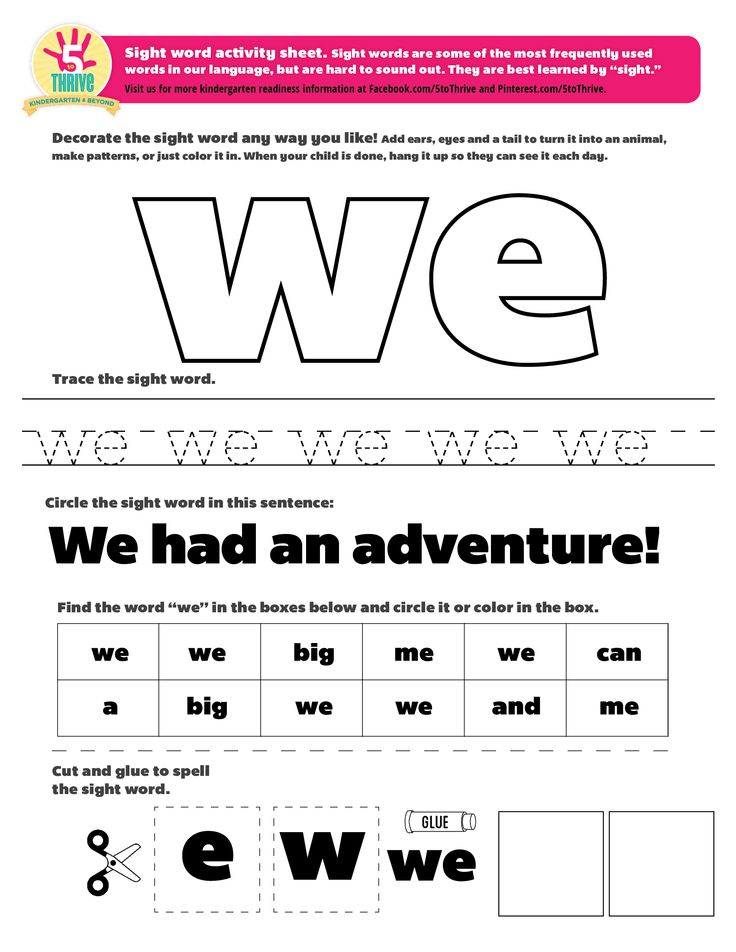 But then the question arises where the letter “o” came from. Everything is very simple: it is an interfix and just connects two roots, making the word complex. Therefore, we will write it together, like other compound adjectives.
But then the question arises where the letter “o” came from. Everything is very simple: it is an interfix and just connects two roots, making the word complex. Therefore, we will write it together, like other compound adjectives.
10. Quintessence
Wrong: quintessence, quintessence.
Sometimes you really want to show off your knowledge and use a smart word, but it's easy to get the opposite effect in writing. However, as soon as we break the lexeme into two parts, everything falls into place. Ecyclopedia of Brockhaus and Efron - Quintessence as "the fifth essence" is translated from Latin quinta essentia. The word "essence" is also probably familiar to you, and the "e" at the beginning is perfectly heard. Only now the doubled “s” will have to be remembered, there is no way to check it.
11. Peripherals
Wrong: periphery.
The Russian prefix re- just asks to appear in this word, but in fact -periphery- is the root.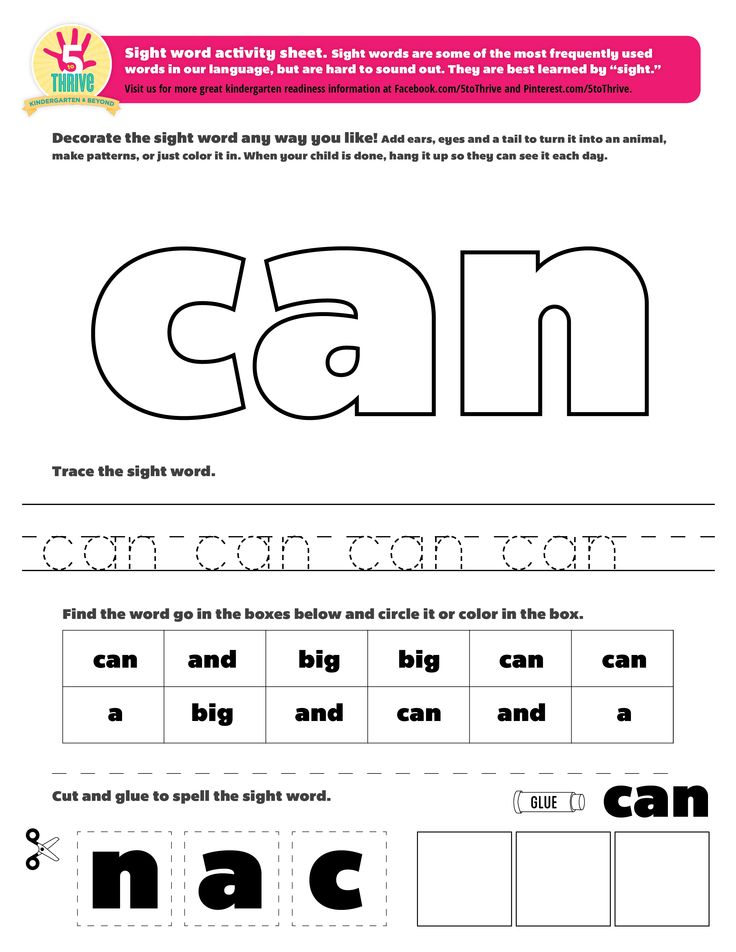 The history of its occurrence will help us not to make a mistake. Occurs "Dictionary of foreign words of the Russian language" - Periphery is a word from the Greek periphereia - a circle, where per i means "around".
The history of its occurrence will help us not to make a mistake. Occurs "Dictionary of foreign words of the Russian language" - Periphery is a word from the Greek periphereia - a circle, where per i means "around".
12. History
Wrong: history.
There is a simple rule in Russian. If the prefix ends with a consonant, and the word begins with "i", then "s" is placed between them. An example in which this is clearly heard is "under y skat”, but “by and skat”.
13. Manager
Wrong: manager.
And again, the insidious letter "u" is lost during pronunciation. But we find it in the same easy way as above: "I will start and - then I will start and sch."
14. Cholesterol
Wrong: cholesterol.
As with most words that are not native to our language, there are difficulties with it.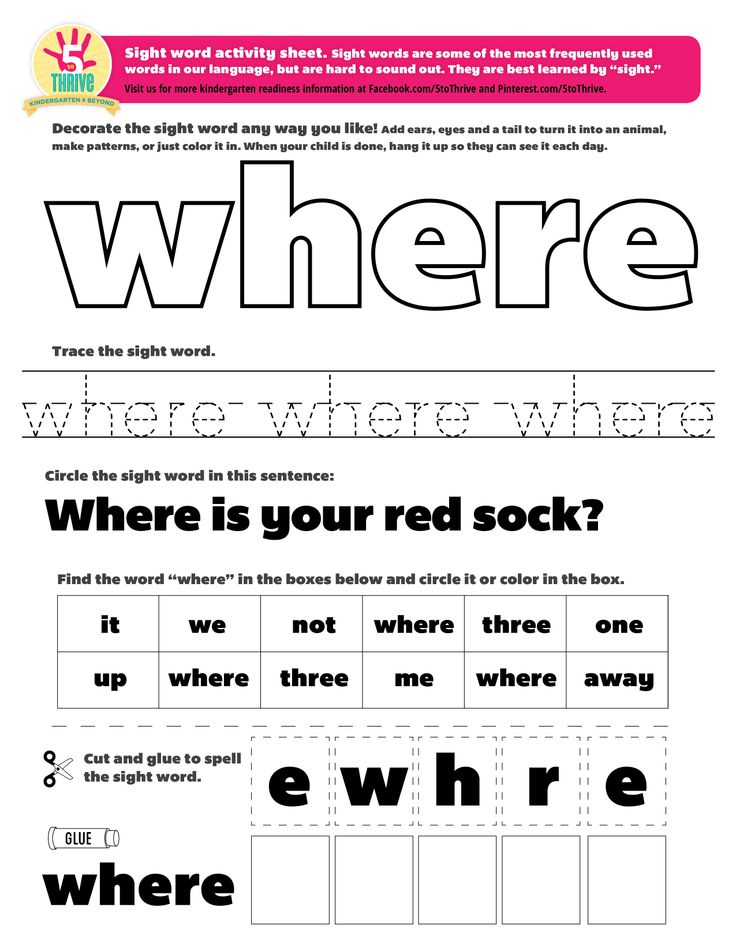 Cholesterol "Dictionary of Foreign Words of the Russian Language" - Cholesterol is a special fatty substance found in bile. The origin of the word is Greek, and chol e just means "bile". In Russian, -hole- is one of the roots.
Cholesterol "Dictionary of Foreign Words of the Russian Language" - Cholesterol is a special fatty substance found in bile. The origin of the word is Greek, and chol e just means "bile". In Russian, -hole- is one of the roots.
15. Incident
Wrong: incident.
This Russified foreign word is entirely the root. It is vocabulary and must be memorized. But etymology comes to our rescue again. The word happened "Big Encyclopedic Dictionary" - Incident from the Latin inc i dentis - happening. In both cases, we write "and".
16. Ingredient
Wrong: ingredient, ingredient.
A complex borrowed dictionary word, which is also a whole root. With an "e" at the beginning, errors are rare, but they do occur. The main difficulty lies in the middle. To write correctly, we turn again to the Latin language. Ingredi in translation means "Dictionary of foreign words of the Russian language" - Ingredient "to enter".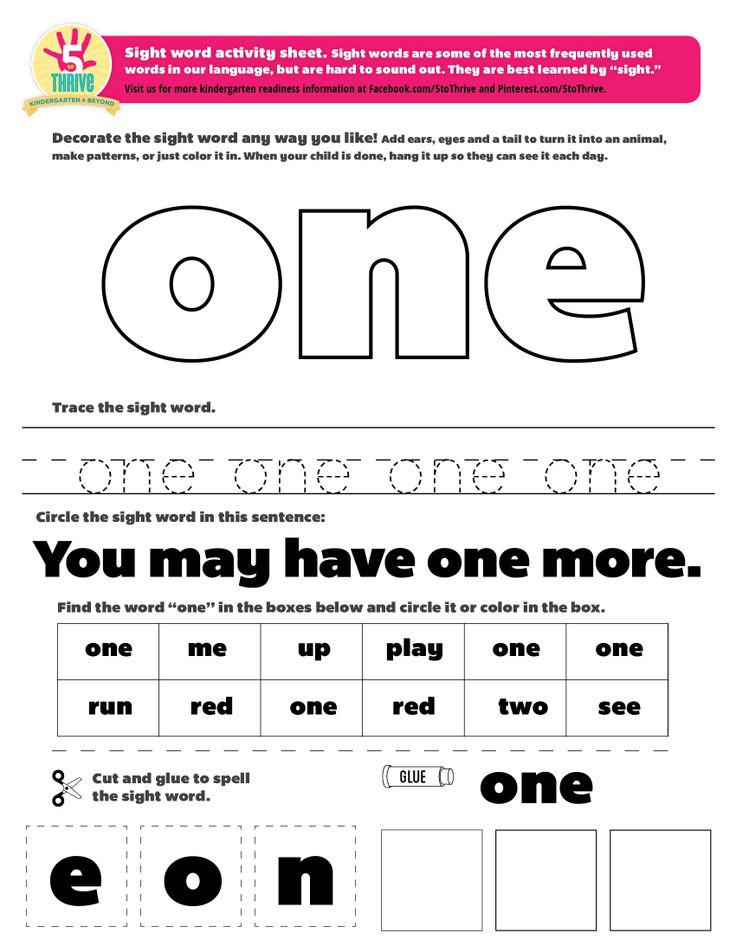 Therefore, an ingredient is a component of something, that is, a part of it.
Therefore, an ingredient is a component of something, that is, a part of it.
17. Cacophony
Wrong: cocophony.
You have experienced this phenomenon many times when a neighbor's child was learning to play the piano or someone was doing renovations nearby. But not many people know how to write a word correctly. To remember why “a” is written, the Greek language will help us. It includes "Dictionary of Foreign Words of the Russian Language" - Cacophony of the word kakos, in translation - bad, bad. In principle, it is true - the pleasant sounds of kakos will not be called.
18. Canape
Wrong: canape.
This French word - canapé - means "Encyclopedic Dictionary" - Canapé is not only a small sandwich, but also a wide chair or sofa. How furniture became small sandwiches - history is silent. But it is known that a mistake is often made in the word.
19. Excessive
Wrong: excessive.